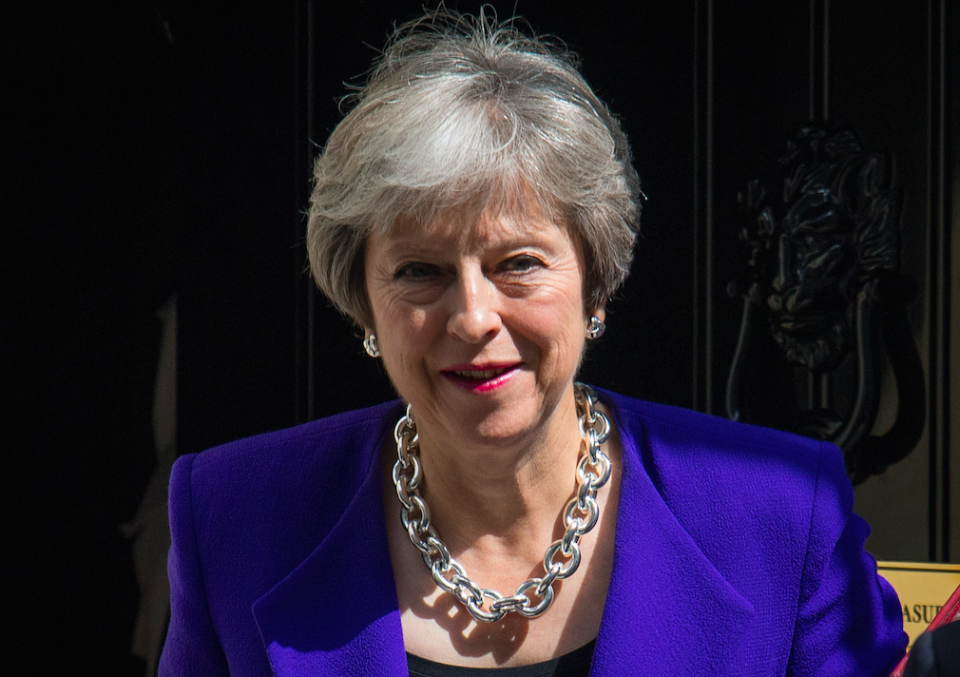Slow Brexit negotiations are putting the lives of UK and EU citizens at risk, MPs warn

The lives of British and European citizens could be put at risk unless the UK and EU change course to secure a Brexit deal, MPs have warned.
British prime minister Theresa May’s decision to rule out European Court of Justice (ECJ) jurisdiction and the “disappointingly rigid” approach to negotiations by Brussels contributed to a risk of the UK being locked out of EU databases, losing access to the European Arrest Warrant (EAW) and having a reduced influence in Europol.
Both sides risked “recklessly” undermining the safety of people across the EU as a result, the Commons Home Affairs Committee warned.
In a strongly worded report, the MPs said without contingency plans “the safety and security of UK and EU citizens will be put at serious and unnecessary risk”.
It also said a no-deal Brexit would be “the most unthinkable of outcomes” and that losing access to the second-generation Schengen Information System (SIS II) database would be “calamitous”.
The prime minister used the June European Council meeting to warn her fellow leaders that the safety of citizens would be at risk unless there was a security deal, but the Commons committee said Mrs May should also alter her own red lines.

The MPs said: “We express serious concerns about the lack of progress in the negotiations to date; the impact on security co-operation of the Government’s ‘red lines’, including the jurisdiction of the ECJ; the disappointingly rigid EU negotiating position; and the very real prospect of the UK losing access to SIS II, which is vital to our law enforcement and border security capabilities.
MORE: Heathrow introduces scanners that could mean you no longer need remove liquids from your bag
MORE: Female police officer floored by protestors during EDL march against new mosque in Worcester
“We believe that both the EU and the UK Government need to show more flexibility, and give greater priority to getting an early agreement that continues existing policing and security co-operation; otherwise, they will recklessly undermine security in both the UK and the EU, and will let the public down badly.”
The SIS II system enables law enforcement authorities to share “real time” alerts on missing and wanted individuals and stolen property.
The report said: “Without UK access to SIS II, individuals who pose a genuine threat will be able to enter the UK or the EU without important intelligence being flagged to border officials.
“Losing access to it would be a calamitous outcome for the UK, which would pose a severe threat to the Government’s ability to prevent serious crime and secure the border effectively.”
They said that given the extent of ECJ involvement in any UK-EU data-sharing arrangement it was “unwise” to make it a red line issue in the negotiations.
The EU’s approach “appears to be driven more by political considerations than by operational needs”, they said.

The committee’s Labour chairwoman Yvette Cooper said: “Both sides are putting political red lines ahead of public safety and national security – that is completely irresponsible.
“We have a shared interest in continued close policing co-operation, which people in Britain and across the EU would want and expect to continue after Brexit.
“But at the moment, political posturing on both sides is putting that at risk.”
She warned a no deal scenario would “stop the police sharing crucial information on dangerous international criminals, stop border officials getting urgent information on criminals trying to enter the country, undermine investigations into trafficking, terrorism, organised crime and slavery, jeopardise trials and justice for victims, and let criminals go free”.
A Home Office spokesman said: “The Government has been clear that we need to continue internal security co-operation with the EU and its member states after Brexit so we can protect mutually important capabilities and avoid operational gaps for the safety and security of all our citizens.
“There is widespread recognition among member states that the UK and EU can act most effectively to combat security threats when we are working together – and there is therefore a shared desire to maintain close co-operation in the future.”

 Yahoo News
Yahoo News 

